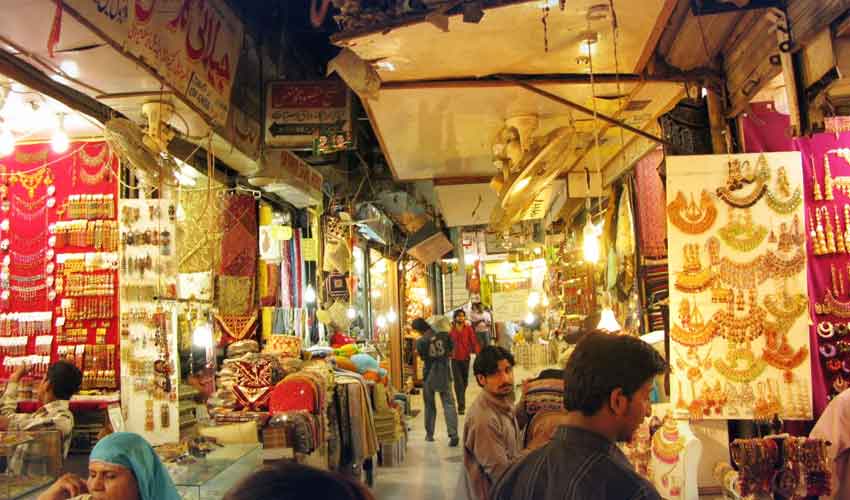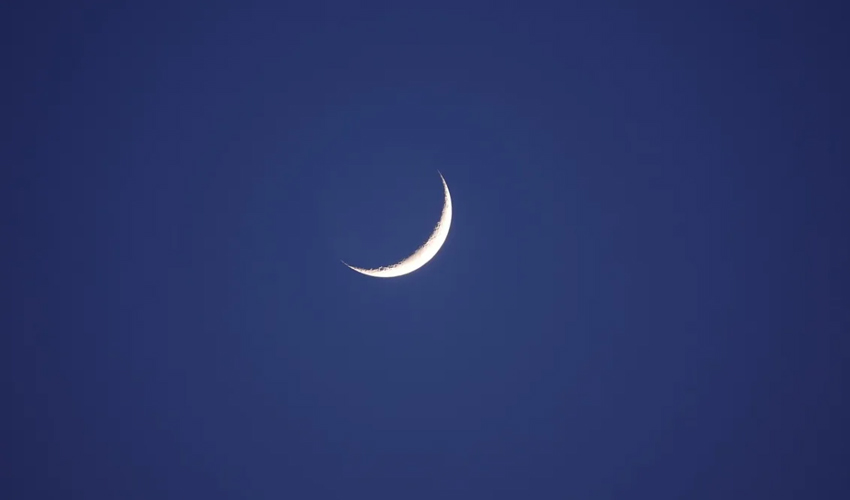Markets in four major divisions of Punjab -- Lahore, Faisalabad, Gujranwala, and Multan -- will close at 8pm starting today, the provincial government announced as per orders of the Lahore High Court.
Environment Director General Imran Hamid Sheikh issued a notification declaring that all shopping malls, shops, and restaurants in these divisions must adhere to the new timings. The restriction will remain in effect until Nov 17.
The directive also bans outdoor dining at restaurants and public gatherings such as festivals and concerts across the affected divisions. However, pharmacies, medical stores, laboratories, and bakeries are exempt from the restriction. Major department stores may also keep their grocery sections open, according to the order.
Also Read: Lahore High Court orders markets to close at 8pm
The environment department says the decision will remain in effect from November 11 to 17, and has been taken in view of the increasing number of patients affected by smog.
The restrictions, imposed under Section 6(a)(t) of the Environment Act, are in response to a critical rise in pollution levels, with air quality readings crossing 500%, a threshold deemed hazardous to human health.
Exemptions to restrictions
Essential services such as medical stores, tandoors, bakeries, petrol pumps, grocery stores, and vegetable and meat shops will remain operational. Utility services, including electricity, gas, internet, and telecommunications, are also exempt. Activities related to prayers, religious gatherings, funeral rites, and funerals are unaffected by the order.
Local deputy commissioners may lift specific restrictions as necessary.
According to the latest air quality data, Multan recorded the highest pollution levels with an index of 906, followed by Rojhan at 812, Lahore at 653, Pindi Bhattian at 384, Mangla at 378, and Rawalpindi at 275.
Authorities have noted a decline in the burning of crop residue within Pakistan, which had been a significant contributor to smog levels. However, experts highlight that crop burning and smoke levels remain high in neighbouring India.
Winds carrying smoke from India are contributing to Pakistan's deteriorating air quality, particularly affecting Punjab's border areas. Meteorologists predict these winds may shift direction after November 14, potentially easing the smog levels in Pakistan.
This cross-border pollution is exacerbated by the geographical proximity between the two countries, with the distance between Lahore and Amritsar being only 45 kilometres. The Punjab government has emphasized the importance of these temporary measures for public health and has encouraged citizens to follow the guidelines strictly.
On Nov 8, the Lahore High Court issued new orders in a series of measures aimed at controlling the rising smog levels in Punjab. Justice Shahid Karim, presiding over a hearing on citizen petitions for smog control, directed that all markets in the province must close by 8pm, with complete closures on Sundays.
The court emphasised that smoke-emitting vehicles and heavy trucks entering Lahore and surrounding areas are a major source of pollution. Consequently, the court ordered a ban on smoke-emitting vehicles on motorways and ring roads.
It also urged the provincial administration to restrict the entry of trucks and trawlers into the city, calling them are a major cause of smog and environmental pollution.



























